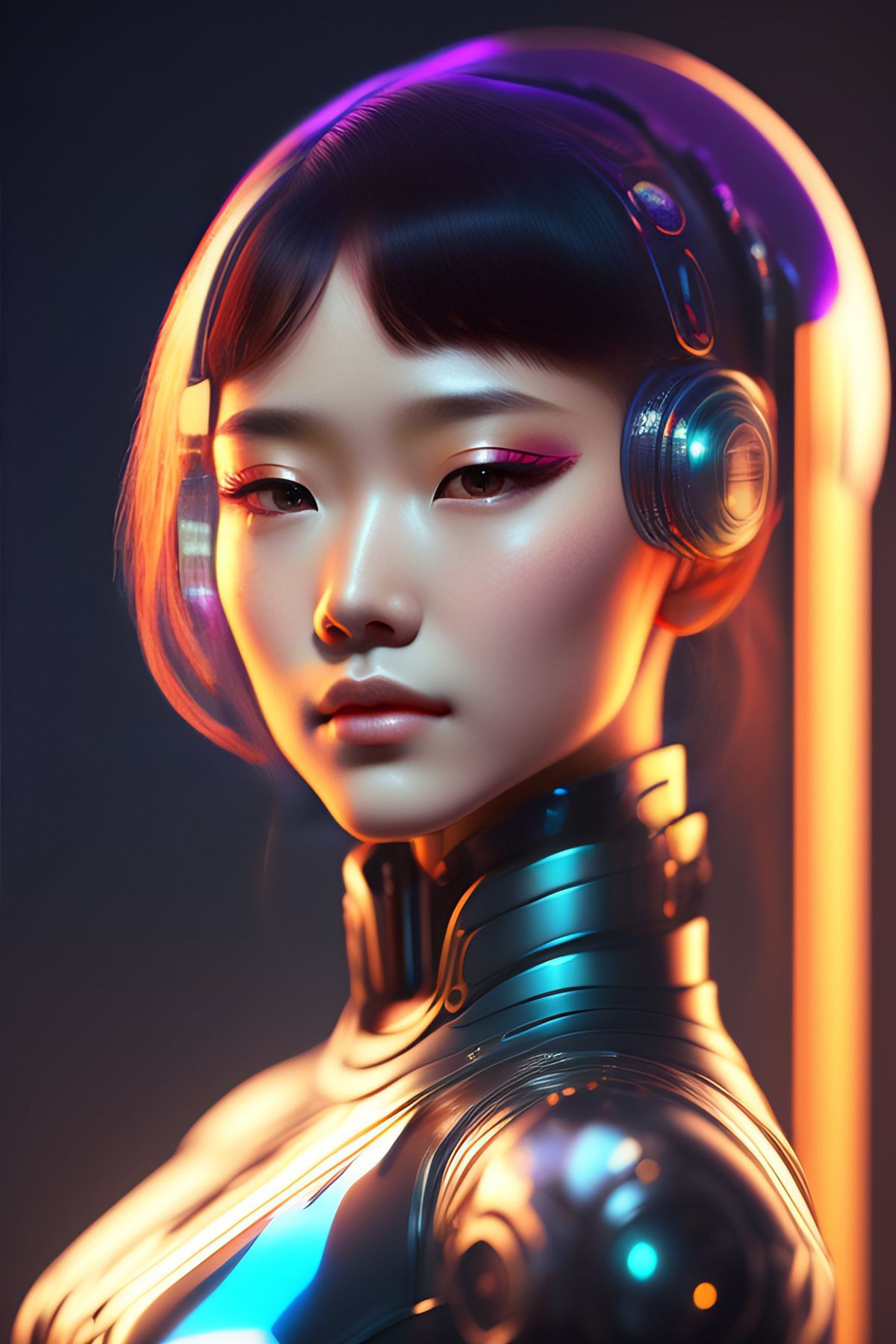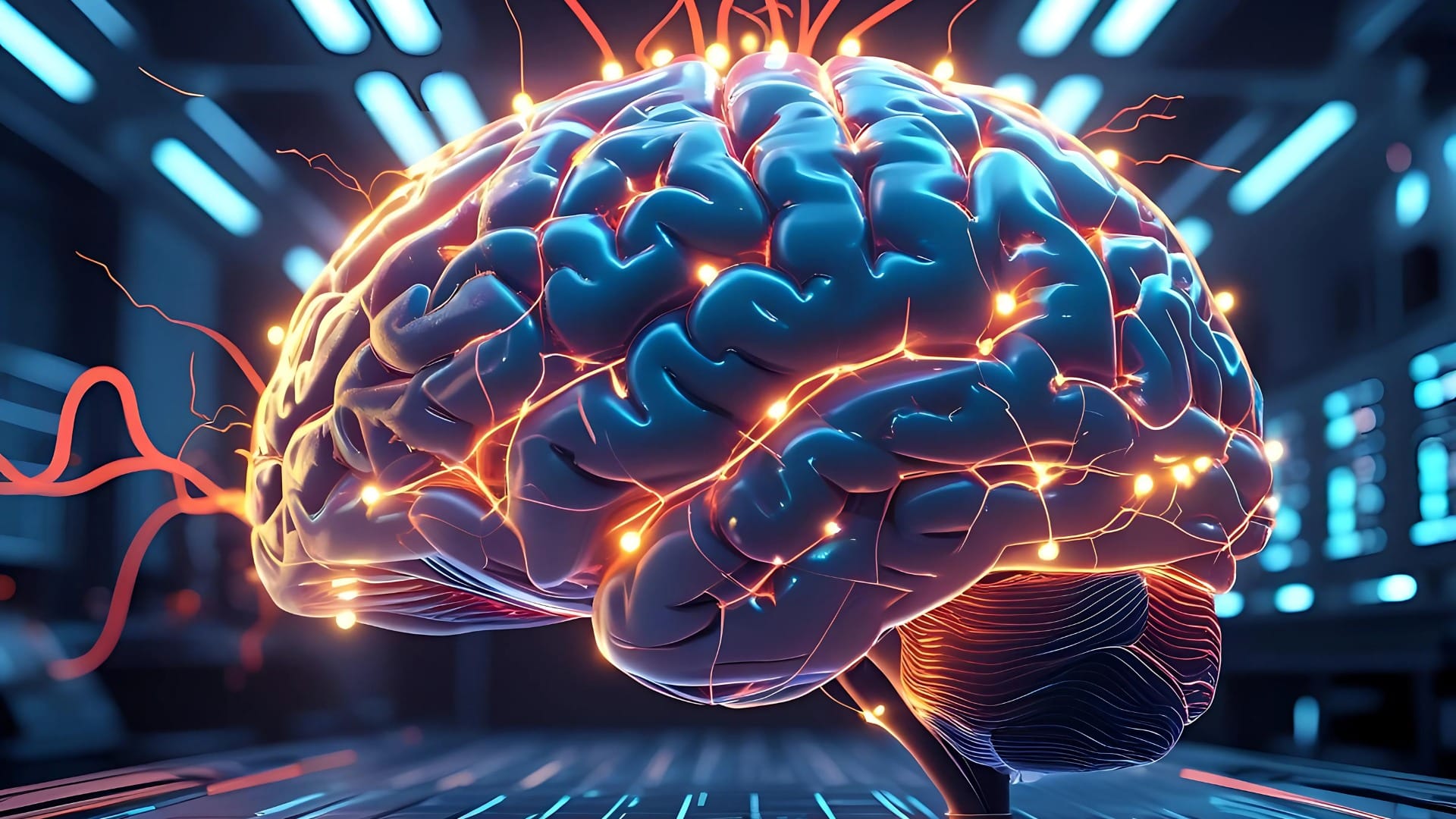8 Universities Leveraging AI to Drive Student Success
In this article, we will explore eight universities that are at the forefront of using AI to transform education.

Artificial Intelligence (AI) has revolutionized various industries, and the field of education is no exception. Universities around the world are leveraging AI to drive student success and enhance the overall learning experience. By implementing AI-powered technologies and algorithms, these universities are able to personalize learning, improve student engagement and retention, streamline admissions processes, and provide efficient student support services.
In this article, we will explore eight universities that are at the forefront of using AI to transform education.
Key Takeaways
- Universities are using AI-powered adaptive learning platforms to personalize the learning experience for students.
- AI is being used to analyze student data and provide personalized recommendations to enhance student performance.
- AI chatbots are being leveraged to provide round-the-clock support to students, answering their queries and guiding them through various processes.
- AI algorithms are being applied to identify potential applicants and streamline the admissions process for efficient decision-making.
- Virtual assistants powered by AI are being used to engage students and provide them with personalized assistance and support.
Universities Using AI for Personalized Learning
Leveraging AI chatbots for student support
AI chatbots are revolutionizing the way universities provide support to their students. These intelligent virtual assistants are available 24/7 to answer student queries, provide guidance, and offer personalized recommendations. With the ability to analyze vast amounts of data, AI chatbots can quickly and accurately respond to student inquiries, saving time and improving efficiency. Additionally, they can provide real-time support, guiding students through various processes such as course registration and accessing resources. This technology enhances student engagement and satisfaction, ensuring that students receive the support they need when they need it. Furthermore, AI chatbots can also assist in identifying students who may be at risk of dropping out by monitoring their interactions and behavior patterns. By proactively reaching out to these students and providing the necessary support, universities can improve student retention rates. Overall, leveraging AI chatbots for student support is a game-changer in higher education.
AI Applications in Student Recruitment and Admissions
Using AI algorithms to identify potential applicants
AI algorithms are revolutionizing the student recruitment process in universities. By analyzing large amounts of data, AI can identify potential applicants who are likely to be a good fit for the institution. These algorithms consider various factors such as academic performance, extracurricular activities, and personal attributes. This enables universities to target their recruitment efforts more effectively and attract qualified candidates. Additionally, AI algorithms can help universities optimize their resources by prioritizing outreach to high-potential applicants. By leveraging AI in the recruitment process, universities can streamline their operations and make data-driven decisions.
| Advantages of AI algorithms in student recruitment |
|---|
| - Efficient identification of potential applicants |
| - Targeted recruitment efforts |
| - Resource optimization |
AI algorithms are changing the game in student recruitment, allowing universities to find the best candidates and make informed decisions about admissions.
Leveraging AI chatbots for initial student inquiries
AI chatbots are revolutionizing the way universities handle initial student inquiries. These intelligent virtual assistants are designed to provide quick and accurate responses to common questions, freeing up staff members to focus on more complex tasks. With the ability to analyze and understand natural language, AI chatbots can engage in conversational interactions with students, making the inquiry process more efficient and user-friendly. Additionally, AI chatbots can provide personalized recommendations based on the student's interests and needs, helping them navigate through the university's offerings. This not only improves the overall experience for students but also ensures that they receive the information they need to make informed decisions.
| Benefits of AI chatbots for initial student inquiries |
|---|
| - Quick and accurate responses |
| - Conversational interactions |
| - Personalized recommendations |
AI chatbots are transforming the initial student inquiry process, making it more efficient and user-friendly. By leveraging the power of AI, universities can provide quick and accurate responses, engage in conversational interactions, and offer personalized recommendations to prospective students.
Applying AI in the admissions process for efficient decision-making
In the ever-evolving landscape of higher education, universities are increasingly turning to AI algorithms to streamline their admissions process and make more efficient decisions. By leveraging AI, universities can analyze large volumes of applicant data and identify potential candidates who are a good fit for their institution. AI-powered chatbots also play a crucial role in handling initial student inquiries, and providing quick and accurate responses. Additionally, AI can be used to automate routine tasks, allowing admissions officers to focus on more strategic aspects of the process. With the help of AI, universities can ensure a more efficient and effective admissions process, ultimately leading to better student outcomes.
One example of how AI is revolutionizing the admissions process is through the use of predictive analytics. By analyzing past data on successful applicants, AI algorithms can identify patterns and factors that contribute to student success. This information can then be used to make data-driven decisions when evaluating new applicants. By utilizing AI in the admissions process, universities can improve their selection process and increase the likelihood of admitting students who are more likely to succeed.
| AI Applications in Admissions |
|---|
| - Streamlining the admissions process |
- Analyzing applicant data
- Identifying patterns for successful applicants
- Making data-driven decisions
AI is transforming the admissions process, enabling universities to make more efficient decisions and select students who are more likely to succeed. By leveraging AI algorithms and predictive analytics, universities can streamline the admissions process and improve student outcomes.
Enhancing Student Engagement and Retention with AI
Utilizing AI-powered virtual assistants for student engagement
AI-powered virtual assistants are revolutionizing the way universities engage with their students. These intelligent chatbots provide 24/7 support and guidance, answering student inquiries and providing personalized recommendations. Virtual assistants can assist with course selection, provide information on campus resources, and even offer study tips. They are able to analyze student behavior and preferences, tailoring their responses to individual needs. Additionally, virtual assistants can help students stay organized by sending reminders for important deadlines and events. With the ability to provide instant and accurate information, virtual assistants enhance student engagement and contribute to a more seamless university experience.
| Benefits of AI-powered virtual assistants for student engagement |
|---|
| - 24/7 support and guidance |
- Personalized recommendations
- Assisting with course selection
- Providing information on campus resources
- Offering study tips
- Tailoring responses to individual needs
- Sending reminders for important deadlines and events |
AI-powered virtual assistants are revolutionizing the way universities engage with their students.
Applying AI to analyze student behavior and predict dropout risks
AI has revolutionized the way universities analyze student behavior and predict dropout risks. By using advanced machine learning algorithms, universities can identify patterns in student data that indicate a higher likelihood of dropping out. These algorithms take into account various factors such as attendance, grades, engagement, and participation to generate predictive models. Through the analysis of these models, universities can intervene and provide targeted support to at-risk students, increasing their chances of success. Additionally, AI-powered systems can automatically alert advisors and counselors when a student exhibits behaviors associated with potential dropout. This proactive approach allows universities to address issues early on and implement strategies to improve student retention. Overall, AI-driven analysis of student behavior plays a crucial role in ensuring student success and reducing dropout rates.
| Factors Considered for Dropout Prediction |
|---|
| Attendance |
| Grades |
| Engagement |
| Participation |
Universities can intervene and provide targeted support to at-risk students, increasing their chances of success.
Using AI to personalize learning experiences and increase student motivation
AI technology is revolutionizing the education sector by personalizing learning experiences and increasing student motivation. By analyzing student behavior and preferences, AI algorithms can tailor educational content and activities to meet the unique needs and interests of each student. This individualized approach not only enhances student engagement but also improves learning outcomes. Moreover, AI-powered virtual assistants provide real-time support and guidance to students, answering their questions and helping them navigate through their coursework. With the help of AI, educators can create a dynamic and adaptive learning environment that fosters student success. By leveraging AI in education, universities can empower students to take control of their learning journey and thrive academically.
| Benefits of AI in Personalized Learning |
|---|
| - Enhanced engagement and motivation |
| - Improved learning outcomes |
| - Individualized learning experiences |
| - Real-time support and guidance |
AI technology is transforming education, enabling universities to provide personalized learning experiences that motivate students to succeed.
AI-driven Student Support Services
Leveraging AI for mental health support and counseling
AI is revolutionizing the field of mental health support and counseling in universities. Through AI-powered chatbots and virtual assistants, students can access immediate support and guidance for their mental well-being. These AI systems are equipped with natural language processing capabilities to understand and respond to students' emotional needs. Additionally, AI algorithms can analyze student data to identify patterns and trends in mental health issues, allowing universities to provide proactive interventions. With AI, universities can offer personalized and accessible mental health services, ensuring that students receive the support they need to thrive in their academic journey.
| AI Applications in Mental Health Support and Counseling |
|---|
| * AI-powered chatbots and virtual assistants for immediate support |
| * Natural language processing capabilities for understanding students' emotional needs |
| * AI algorithms for analyzing student data and identifying mental health trends |
| * Proactive interventions and personalized mental health services |
AI is transforming mental health support and counseling in universities, providing immediate, personalized, and accessible services to students. By leveraging AI-powered chatbots and virtual assistants, universities can ensure that students receive the support they need to thrive in their academic journey.
Frequently Asked Questions
How does AI-powered adaptive learning work?
AI-powered adaptive learning uses algorithms to analyze student performance and provide personalized learning experiences. It adapts to the individual needs and progress of each student, offering targeted content and assessments to optimize their learning outcomes.
What data is used to provide personalized recommendations?
AI analyzes various data points, including student performance, behavior, and preferences, to provide personalized recommendations. It takes into account factors such as learning style, previous achievements, and interests to suggest relevant resources and learning paths.
How do AI chatbots support students?
AI chatbots provide instant support to students by answering their questions, providing guidance, and offering resources. They can assist with enrollment inquiries, course registration, and general student support, making information easily accessible and available 24/7.
How do AI algorithms identify potential applicants?
AI algorithms analyze various data points, such as academic records, extracurricular activities, and personal statements, to identify potential applicants. They can identify patterns and characteristics that align with the university's admission criteria, helping streamline the applicant selection process.
What are the benefits of using AI chatbots for initial student inquiries?
AI chatbots can handle a large volume of initial student inquiries simultaneously, providing quick and accurate responses. They can assist with general information, application procedures, and frequently asked questions, freeing up staff time and improving efficiency.
How does AI enhance student engagement?
AI-powered virtual assistants engage students by providing personalized support, reminders, and motivation. They can offer interactive learning experiences, recommend relevant resources, and track progress, creating a more engaging and interactive learning environment.
Check out these amazing content from Bookspotz:










